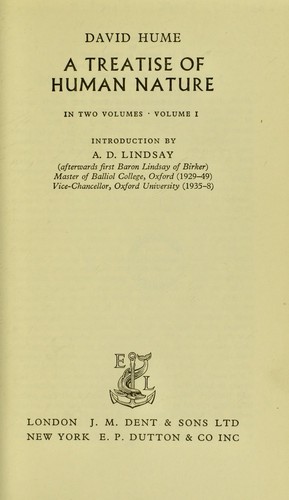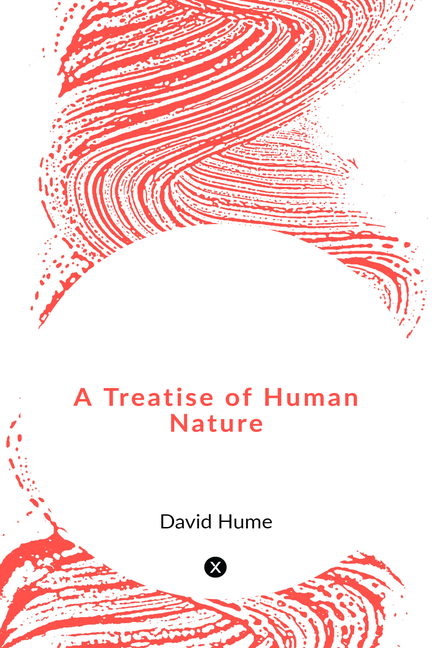

The second kind of truth refers to matters of fact-things that exist in the world. The first kind of truth refers to things that arise out of relationships between ideas-such as math. The fork is the idea that truths can be divided into two kinds. If the term fails that test, it is meaningless. The razor is the idea that in order for a term to have meaning, it must be related to an idea that can be broken down into simple, concrete ideas. The microscope is the idea that in order to understand complex ideas, the philosopher has to break them down into simple ideas that can be analyzed. Hume introduces three philosophical concepts: the microscope, the razor, and the fork. For this reason, Hume argued that since we have no direct experience of God or the soul we cannot have any meaningful knowledge of them. If we have no direct experience of a concept (such as the size of the universe), that concept is not meaningful. Hume argues that experience must be the basis for “matters of fact” they cannot be approached by reasoning. Secondary impressions are based on those original impressions. Original refers to internal impressions that reach us through our senses from physical sources.

Hume divides impressions into two categories: original and secondary. Consequently, ideas are not fundamentally different from impressions. In Of the Understanding, Hume argues that complex ideas are formed from simple ideas, which are formed from impressions based on direct experience. Of Morals examines general concepts of virtue and vice, justice, and specific virtues. Of the Passions covers pride and humility, love and hatred, and the will and direct passions. Of the Understanding looks at the nature of ideas, the ideas of space and time, concepts of knowledge and probability, skepticism, the soul, and personal identity.




 0 kommentar(er)
0 kommentar(er)
